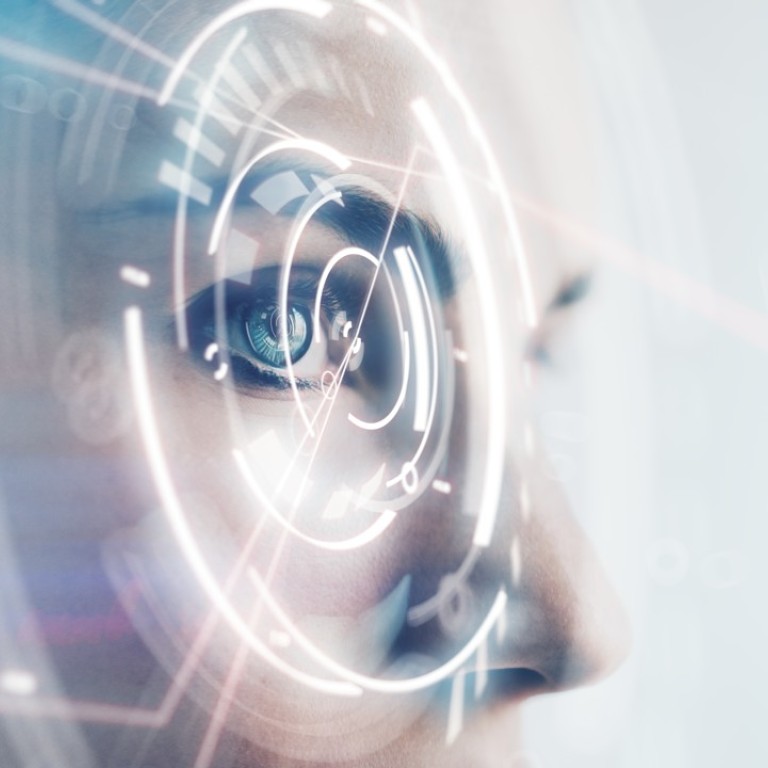Who runs this world: what will cyborgs do with their new advanced capabilities?

In 2016, the Cyborg Foundation penned its Cyborg Bill of Rights V1.0 in expectation of a “battle for the ownership, licensing, and control of augmented, alternative, and synthetic anatomies; the communication, data and telemetry produced by them; and the very definition of what it means to be human”.
Manel Muñoz, who has barometric sensors that allow him to feel atmospheric pressure changes through vibrations implanted in his ears, says the brave new world of man-machine interfacing brings up complex ethical and legal issues.
“I have a new organ, and I was the creator of it. But other people may want to buy new cybernetic body parts from someone else, or a company. Once it’s in your body, it must then become your property,” he says. “And we have to consider the possibility of organs being hacked. We need rights to protect ourselves from these possibilities.”
The Cyborg Bill of Rights includes freedom from disassembly (to recognise bodily sanctity and protect against unnecessary search or dismantling); freedom of morphology (to choose how to modify one’s own body and not be forced into modifying it); equality for mutants (the same rights as other people); right to bodily sovereignty (dominion over whatever is in one’s body); and the right to organic naturalisation (to be free from exploitative third -party ownership, and to gain ownership of new parts integrated into the body).
The right to control personal information about one’s body is another crucial issue. Professor Kevin Warwick, who, via an implant, connected his nervous system to the internet and to his wife in 2002, is now working with surgeons to anticipate and stop tremors in Parkinson’s disease patients through the use of implants in the brain combined with artificial intelligence.
“It’s a data issue, and I worry about it,” he says by phone from Coventry University in the UK. “We gather data to assess how parts of someone’s brain are working. A patient signs a letter to say it’s fine to use the data, but how we use this information about your body, and store it, is a new ethical issue.”
Power and economics also come into play – will only the wealthy be able to enhance themselves through technology, and
what will cyborgs do with their new advanced capabilities?
“In the future, if someone develops an implant to improve intelligence, and you have this implant and get so intelligent you take over the world – should you have had this implant? There are tricky ethical questions as to who should and shouldn’t have implants,” says Warwick.
Want more stories like this? Sign up here. Follow STYLE on Facebook, Instagram and Twitter

The new technology brings up ethical issues about rights and data